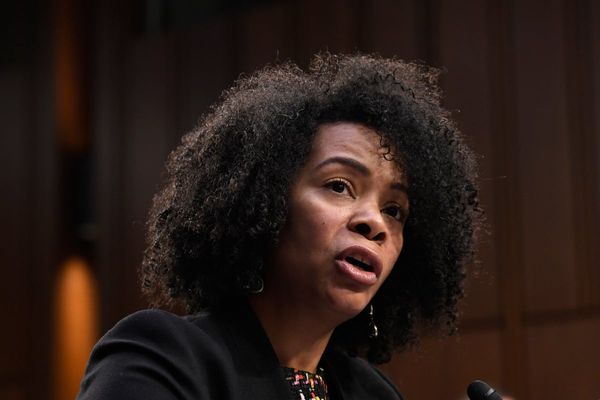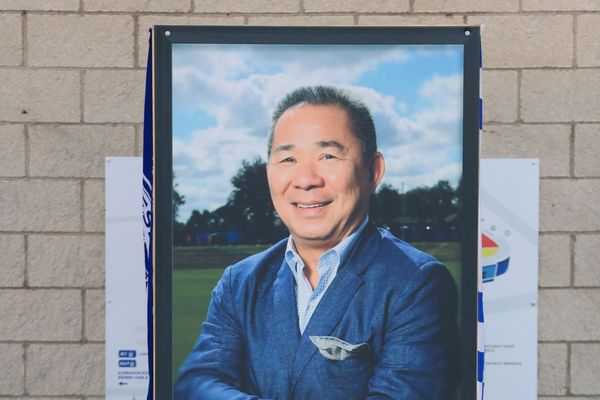
There was a time when the podcast was the new brat on the block: everyone could see it was a disruptive presence but nobody was sure how seriously to take it, or how long it would stick around. That was nearly 20 years ago. It has since grown up and owned its space so successfully that everyone wants a bit of it.
This summer, a YouGov survey found that 50% of British adults had listened to a podcast in the past year. The problem for those who make them, and hope to get rich by them, has been getting an accurate picture of their reach. But that too appears to have been sorted, with the launch last month of a quarterly chart listing the Top 25 titles.
Ranging from music to true crime, pop psychology to politics, the podcast is a promiscuous medium. The Guardian was an early adopter, whose contribution was recognised in last month’s British Podcast Awards with gongs for the news and current affairs daily, Today in Focus, and for Chanté Joseph, who presents the weekly Pop Culture.
The podcast’s defining feature is that it’s a solitary affair, which individuals can choose to listen to at any time and in any place. Yet it has since disrupted its own identity, with the birth of the live iteration of itself. Barely a day passes without podcasters taking to the stage somewhere in the UK, the Guardian’s own Comfort Eating and Football Weekly among them.
This week comedians James Acaster and Ed Gamble launched a national tour of Off Menu, a chatshow themed around their guests’ dream meals. Even before the tour kicked off at the Birmingham Hippodrome, all 15 shows had sold out. Two were at London’s 5,000-seat Royal Albert Hall.
While it is not unusual for comedians to sell out such large venues, the same is not true of political talking heads. Yet the odd couple pairing of former Labour spin doctor Alastair Campbell and former Tory MP Rory Stewart will make a return visit to the Albert Hall in December with the live version of The Rest is Politics, three places behind Off Menu in the first UK Top 25 chart. Its stablemate and forerunner The Rest is History has already taken its live version to the US and is heading to New Zealand and Australia. These shows don’t attempt to unduly gussy up the blokes-in-a-basement aesthetic (where, one might ask, are all but a vanishingly few women?).
The surge in the popularity of podcasts during the pandemic was unsurprising: they provided conversation for the lonely, comfort and laughter for the fearful and depressed. Many, such as Ireland’s Blindboy, who embarks on a five-city UK tour next month, have made a feature of talking about mental health.
Since the world opened up again, there has been a marked shift from performers who podcast to podcasters who perform. For embattled entertainment venues, they are an answer to prayer, offering a stream of low-cost content with a built-in publicity machine. For audiences they offer intimate conversation as spectacle.
This trajectory is both fascinating and revealing: podcasts trashed the conventions of communal discourse only to make their way back into communal spaces. Time will tell whether they will continue to flourish (there are signs internationally of a post-pandemic correction.) But for now they appear to satisfy a need for affordable togetherness.







